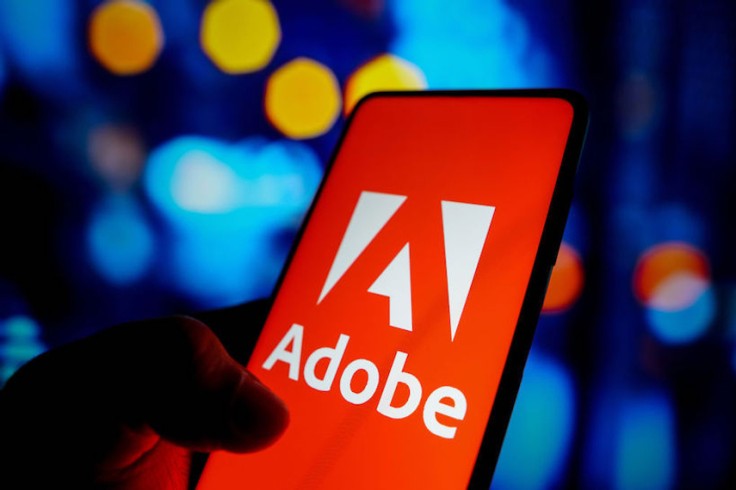Adobe users are now threatening to boycott software service providers following the new terms of service that effectively turn their applications into "spyware."
The backlash is centered around the new general terms of service for its Creative Cloud suite that would allow Adobe unlimited access to user-generated content uploaded on its servers for "content review."

Yes, this includes all private projects and even works made under a non-disclosure agreement.
As long as Adobe deems it necessary, the system can automatically and manually check an individual's content even without compensation or acknowledgment to the creator.
Adobe claimed it would only access, view, and listen to user content "only in limited ways" and "only as permitted by law" for support requests, check for illegal activities,
Many longtime users quickly gathered online to accuse the company of going "full spyware" with several users threatening to end their subscription services on the platform and just pirate the apps.
Here it is. If you are a professional, if you are under NDA with your clients, if you are a creative, a lawyer, a doctor or anyone who works with proprietary files - it is time to cancel Adobe, delete all the apps and programs. Adobe can not be trusted. pic.twitter.com/LFnBbDKWLC
— Wetterschneider (@Stretchedwiener) June 5, 2024
Adobe has yet to respond to the customer backlash.
Safe-to-Use Adobe Alternatives
Following security concerns from Adobe's current user policies, many people have started advising others to switch to much safer platforms.
As many users have already done, GIMP is a free and open-source alternative to Photoshop as a graphic editing tool available to both Windows and macOS.
Affinity Photo and Photoline are also good single-purchase contenders for Photoshop's monthly subscription service.
AfterEffect users can also switch to Blender or TVPaint for graphic animations and special effects, while Da Vince Resolve is the undisputed replacement for Premiere Pro.
Tech Service Providers Face Backlash for Spyware-Like Features
The rise of spyware-like features and rules in digital service providers has noticeably increased over the past months as more companies turn to chatbots and AIs to automate content management.
Microsoft's Copilot AI was just recently embroiled in a similar controversy with one of the new AI-powered features in its Copilot+ PCs that remembers everything users have "seen or done on your PC."
Although Microsoft assured that all data the "Recall" feature is stored offline, AI and cybersecurity experts are skeptical about the safety of users' data given Microsoft's history in user protection measures.









